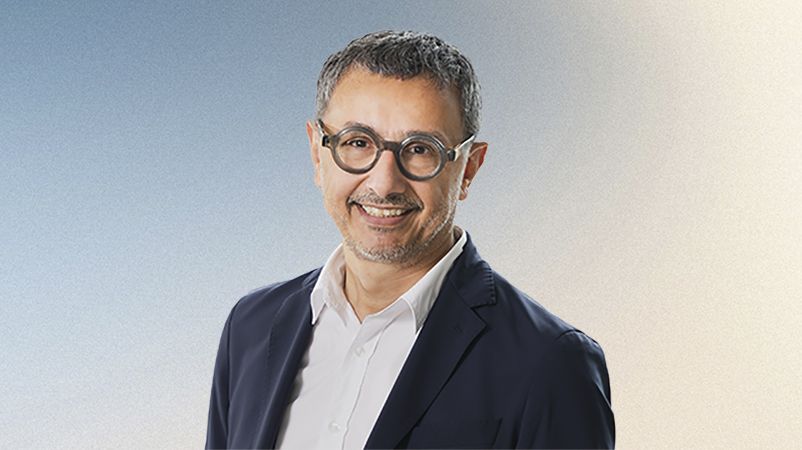Mirova, an affiliate of Natixis Investment Managers, has announced the creation of the Mirova Research Center (MRC) to accelerate the funding of research on responsible investment.
It has also unveiled two strategic partnerships involved with the centre’s work.
The MRC will focus on three main areas: developing new indicators at the asset level to better understand the topics of just transition and their interactions with environmental objectives, exploring new approaches to measure the concrete contribution of investment strategies to achieve sustainable development goals, and reflecting on the role of finance in the transition to an economy that respects global boundaries.
At first, the initiative will be fully carried out by Mirova within its sustainable development research department, led by Mathilde Dufour. The MRC will also host an advisory committee of experts composed of representatives from financial institutions and researchers, responsible for contributing to the direction of research axes, participating in the selection of new partnerships and evaluating ongoing projects.
The MRC will be operated on a daily basis by Manuel Coeslier and Thomas Giroux, respectively lead climate and environment expert and portfolio manager at Mirova, and funded based partly on a mechanism redirecting a portion of the management fees from funds managed by Mirova. Ultimately, the initiative aims to attract external funding from investors, clients or development financial institutions.
Philippe Zaouati, CEO of Mirova (pictured), said: “In the context of increasing data, deepening rules of non-financial accounting and controversies, sustainable finance must strengthen its theoretical and methodological framework. We aim to make the Mirova Research Center a hub for intellectual emulation and rich exchanges to contribute to the advancement of research on responsible finance, foster the emergence of new practices, and leverage this work to offer our clients increasingly innovative investment solutions.”
Strategic partnerships
Of the two partnerships announced with the launch of the MRC, the partnership with the Sustainable Investing Research Initiative (SIRI) at Columbia University’s School of International and Public Affairs will focus on promoting blended finance.
The aim is to foster rigorous academic research to gain deeper insights into best practices, opportunities and limitations of blended finance, helping to inform practice as well as contribute to the creation of academic knowledge.
They also hope to provide a platform for dialogue among key stakeholders from the public and private sectors, policymakers and universities, while contributing to the education of current and future generations of private, public and philanthropic investors.
Caroline Flammer, director of SIRI, commented: “To develop the blended finance market, it is essential to better understand current practices. This includes understanding the challenges and opportunities that arise to identify and develop projects that can be invested, the characteristics of effective public-private partnerships, balancing and allocating risks among investors, improving financing structures, and accelerating the growth of the blended financial market, among other aspects.”
Meanwhile, a partnership with the Impact Investing Chair at the National School of Statistics and Economic Administration of Paris (ENSAE Paris) will build on research conducted at the Center for Research in Economics and Statistics (CREST), aiming to maximise the positive impact of listed investment strategies.
The initiative aims to contribute to theoretical and empirical knowledge beyond the study of strategy performance and risk pricing through a scientific program structured around two main axes. Firstly, impact investing with an ambition of additionality, including shareholder engagement strategies and net-zero alignment of investors. Secondly, impact investing beyond climate issues, reconciling complementary environmental impact objectives and reconciling environmental and social impacts.
Olivier David Zerbib, researcher at CREST and assistant professor in sustainable finance at ENSAE Paris, added: “One of the major challenges of sustainable finance is to identify actionable levers that enable investors to efficiently support and accelerate the ecological transition. While academic literature on impact investing has already found evidence of the effectiveness of certain strategies, many essential questions remain open, specifically, regarding the additionality of investments, that is, the positive impact on the environment that would not have occurred in the absence of these investments, as well as the measurement of impact beyond climate issues. This research chair aims to contribute to this developing research field, both through a theoretical and empirical approach.”








